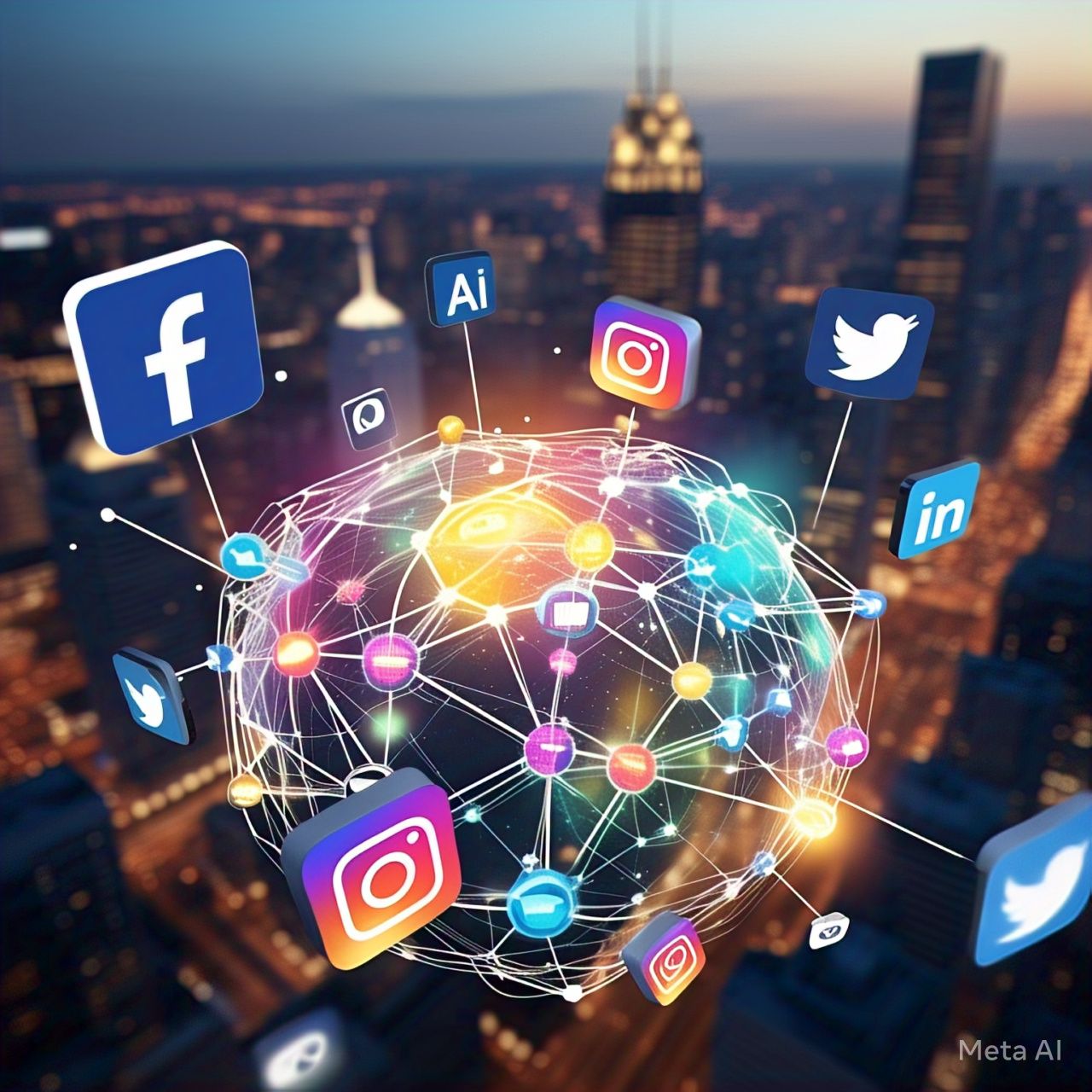Table of Contents
- Introduction
- Understanding Productivity Challenges in the Modern Workplace
- The Role of AI in Enhancing Productivity
- AI-Powered Task Management and Scheduling
- AI for Focus and Time Management
- AI-Driven Personalization for Productivity Enhancement
- AI-Powered Virtual Assistants
- Case Studies of AI as a Productivity Coach
- Challenges and Ethical Considerations
- Conclusion
- FAQs
1. Introduction
In today’s fast-paced work environment, productivity challenges such as distractions, inefficiencies, and time management issues hinder human efficiency. AI is revolutionizing personal productivity by acting as an intelligent coach, helping individuals optimize tasks, manage time better, and stay focused. AI-driven tools are transforming the way people work, leading to higher efficiency and reduced stress.
2. Understanding Productivity Challenges in the Modern Workplace
Modern professionals face multiple productivity roadblocks, including:
- Information overload – Excessive emails, notifications, and meetings disrupt focus.
- Poor time management – Struggling to prioritize tasks efficiently.
- Lack of motivation – Procrastination and burnout reduce efficiency.
- Inefficient task management – Poor planning leads to missed deadlines and low productivity.
Table: Common Productivity Challenges and AI Solutions
| Productivity Challenge | AI Solution |
|---|---|
| Information Overload | AI filters emails, notifications, and summarizes content. |
| Poor Time Management | AI schedules tasks and sets priorities. |
| Lack of Motivation | AI provides personalized coaching and reminders. |
| Inefficient Task Management | AI automates and optimizes workflows. |
3. The Role of AI in Enhancing Productivity
AI acts as a productivity coach by analyzing work patterns, suggesting improvements, and automating tasks. It helps professionals work smarter by offering personalized insights and recommendations.
Key areas where AI enhances productivity include:
- Task management automation
- Intelligent scheduling and reminders
- Real-time focus tracking
- Workflow optimization
4. AI-Powered Task Management and Scheduling
AI-driven task managers, such as Trello, Asana, and Notion, analyze work habits and suggest optimal scheduling. Key benefits include:
- Automated prioritization – AI sorts tasks based on urgency and deadlines.
- Smart scheduling – AI optimizes calendar events to maximize efficiency.
- Deadline tracking – AI reminds users of upcoming tasks to prevent procrastination.
5. AI for Focus and Time Management
Maintaining focus in a digital environment is challenging. AI-driven tools like RescueTime and Focus@Will improve concentration by:
- Tracking time spent on different activities
- Blocking distracting websites and apps
- Recommending personalized work-rest cycles
6. AI-Driven Personalization for Productivity Enhancement
AI tailors productivity strategies based on individual work habits. Key personalization techniques include:
- Adaptive learning: AI analyzes patterns and refines suggestions over time.
- Behavioral insights: AI detects distractions and offers corrective actions.
- Contextual reminders: AI nudges users with customized notifications to stay on track.
7. AI-Powered Virtual Assistants
Virtual assistants like Google Assistant, Siri, and Alexa streamline daily workflows. AI-powered assistants help by:
- Automating routine tasks such as setting reminders and drafting emails
- Offering real-time insights on productivity trends
- Providing hands-free task execution to save time
8. Case Studies of AI as a Productivity Coach
Case Study 1: AI in Corporate Workflows
A multinational company integrated AI-driven task automation, reducing manual workload by 40% and increasing efficiency.
Case Study 2: AI for Freelancers
A freelance writer used AI-powered scheduling tools to optimize work hours, leading to a 30% increase in productivity.
Case Study 3: AI in Education
Students using AI-driven study planners improved time management, resulting in better academic performance.
9. Challenges and Ethical Considerations
Despite AI’s advantages, challenges include:
- Privacy concerns: AI collects user data, raising security issues.
- Over-reliance on AI: Excessive dependence may reduce critical thinking skills.
- AI bias: AI recommendations may be influenced by biased training data.
10. Conclusion
AI is transforming productivity by serving as a personal coach, automating tasks, and optimizing work habits. As AI continues to evolve, it will become an even more effective tool for boosting human efficiency. However, organizations and individuals must balance AI usage with ethical considerations to maximize benefits.
11. FAQs
Q1: Can AI completely replace human productivity management?
No, AI serves as a tool to enhance productivity but requires human judgment for effective decision-making.
Q2: What are the best AI tools for productivity?
Some top AI productivity tools include Notion, Trello, Asana, Google Assistant, and RescueTime.
Q3: Is AI-based productivity tracking ethical?
Ethical use of AI in productivity tracking requires transparency, data security, and user consent.
Q4: Can AI help reduce workplace distractions?
Yes, AI-driven focus tools can block distractions and recommend time management strategies.
Q5: How can AI improve personal time management?
AI analyzes work patterns, sets priorities, and provides smart reminders to enhance time management.




